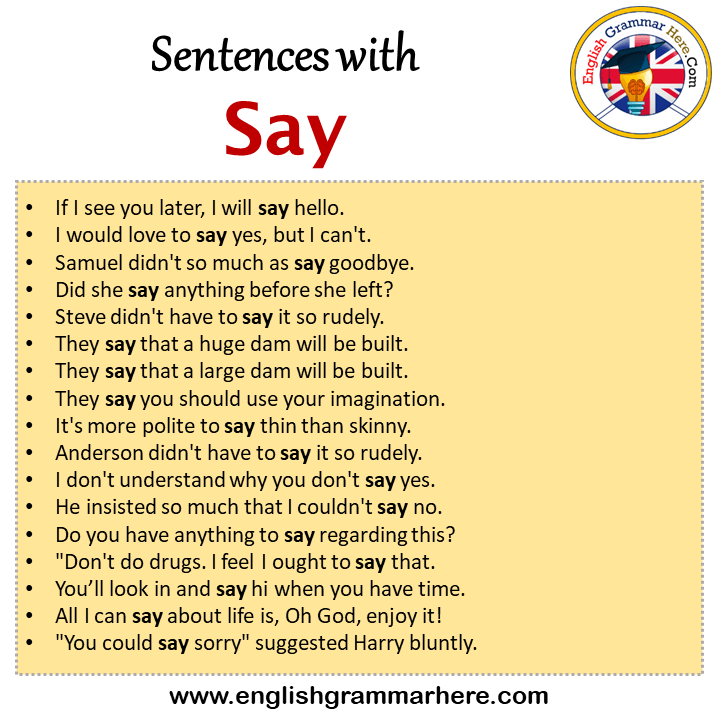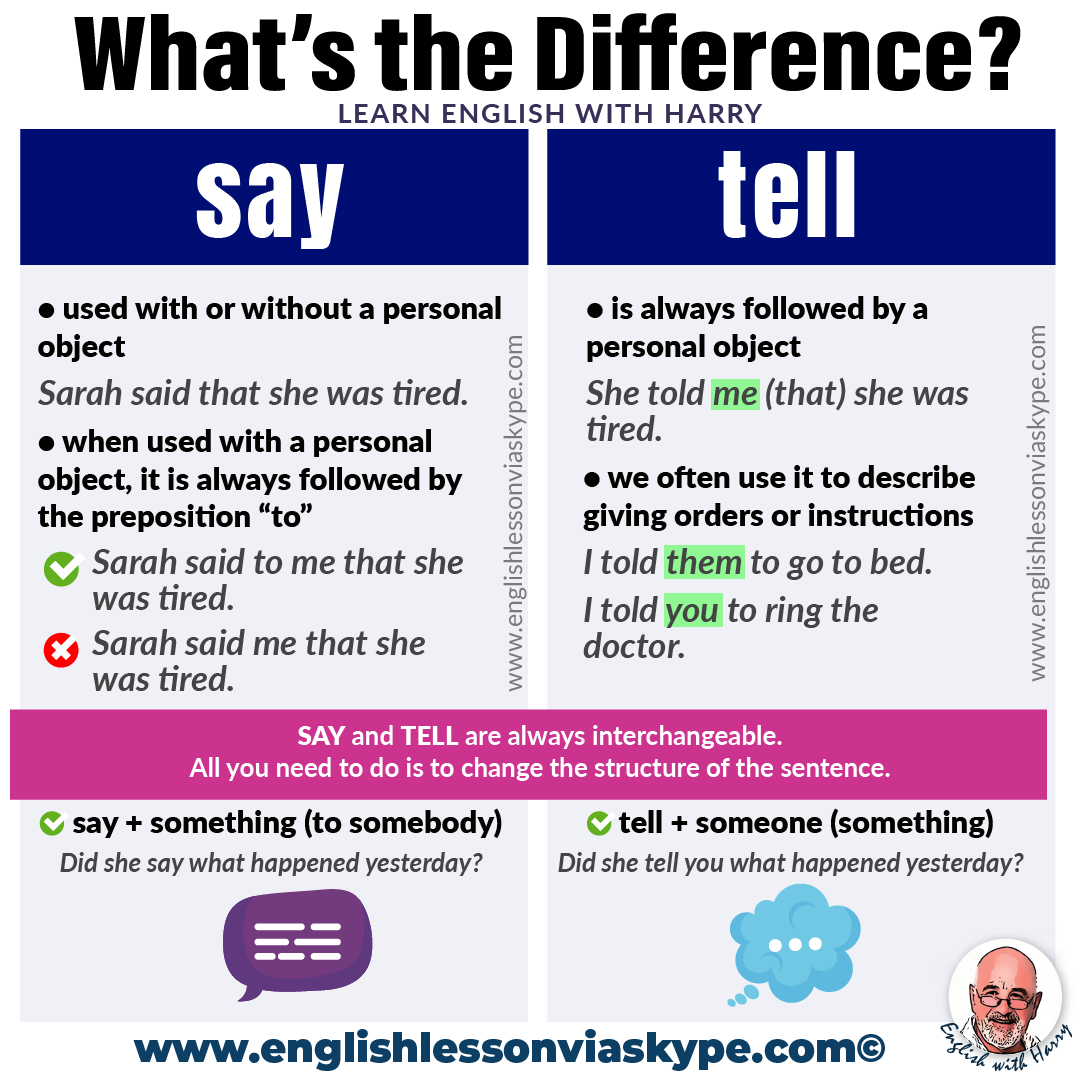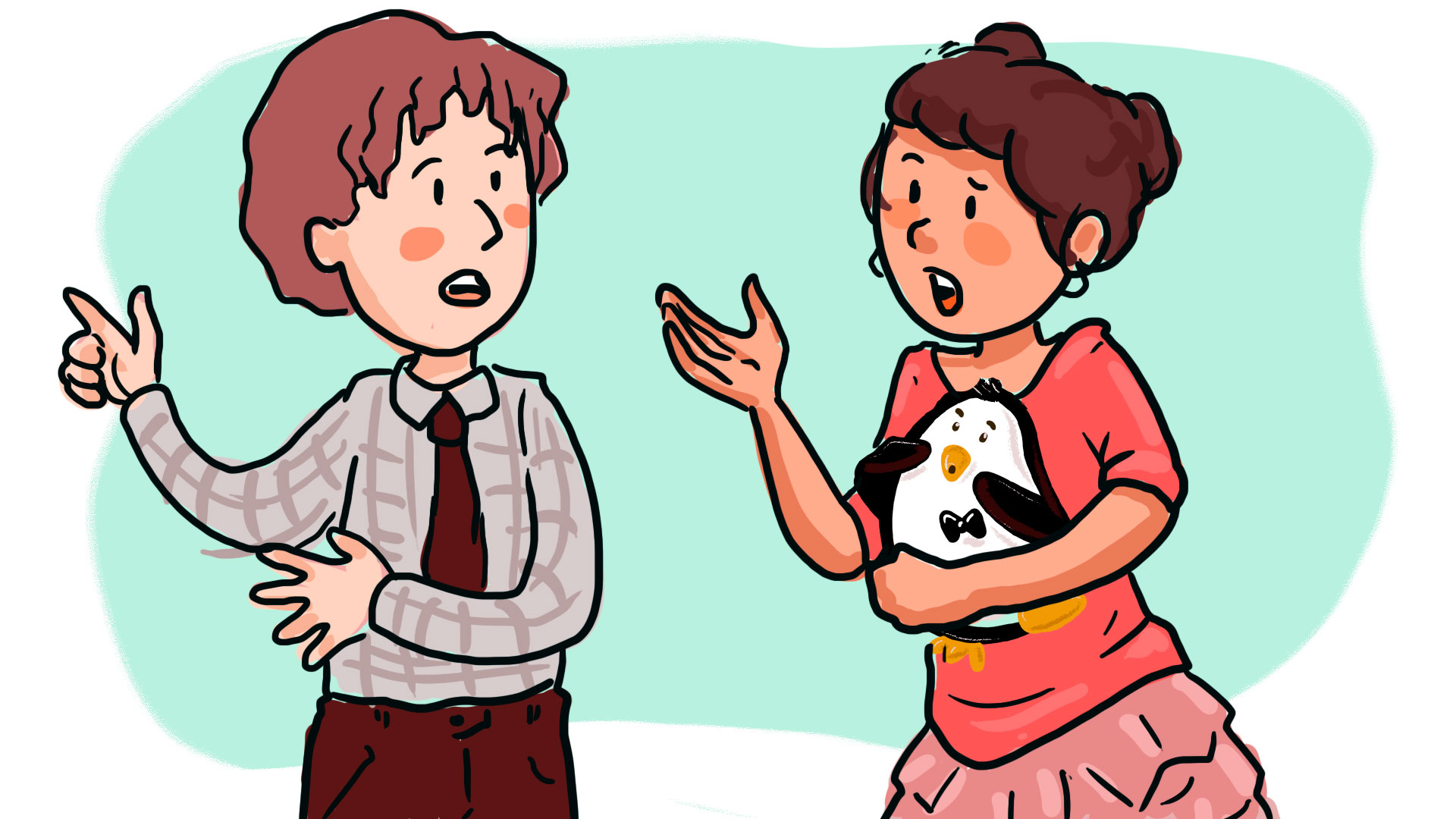How To Say Thank You In Turkish - A Guide
Feeling grateful is a universal human experience, and expressing that feeling in another language can truly make a difference. Thanksgiving, in a way, is always present when you're connecting with people. When you travel to places like Turkey or the northern part of Cyprus, you'll pretty quickly pick up on how much people there appreciate polite conversation. They tend to say "thank you" quite a lot, so you might want to know how to do the same.
Getting to grips with saying "thank you" in Turkish is a pretty good place to begin if you're just starting out with the language, or even if you just want to add a few polite phrases to your usual chat. It's a key social motion, you know, and it shows you care about the local ways of speaking. This guide will help you get a handle on the various expressions, from the everyday ones to those you might use in more formal moments, so you don't feel a bit out of place.
We'll talk about the basic expressions, and then we'll get into some of the other ways people show their appreciation. You'll figure out when to use words like "teşekkür ederim," "sağol," and "teşekkürler," and we'll even touch on how to say them so they sound just right. It's really about giving you the words and the confidence to have those first chats, especially when you're showing appreciation, which is, you know, a very important part of any culture.
- Richard Harrison Death Chumlee
- How Tall Is Jake Gyllenhaal
- How Many Children Did Elizabeth Taylor Have
- How Much Is 100 Gallons Of Water
- Marta Sales Sales Age
Table of Contents
- Why Knowing How to Say Thank You in Turkish Matters
- What Are the Main Ways to Say How to Say Thank You in Turkish?
- Teşekkür Ederim - A Common Way to Say How to Say Thank You in Turkish
- Sağol and Teşekkürler - Other Ways to Say How to Say Thank You in Turkish
- How Do Different Situations Change How to Say Thank You in Turkish?
- Getting the Sound Right - How to Say Thank You in Turkish
- Beyond Just Words - How to Say Thank You in Turkish in Culture
- A Quick Look Back at How to Say How to Say Thank You in Turkish
Why Knowing How to Say Thank You in Turkish Matters
When you're getting ready for a trip to Turkey, or perhaps you've got a friend who speaks Turkish, having a few polite words ready can really make a big impact. It's a pretty big deal in Turkish social settings to show you're thankful. Knowing how to say "thank you" isn't just about speaking a few words; it's about showing respect for the local ways of doing things, and that, you know, goes a long way. Even if many people there have some grasp of English, making the effort to use their language for appreciation is always a kind gesture.
It's a way to avoid feeling a little bit awkward, too, especially since Turkish people tend to use expressions of thanks quite a bit. You'll find yourself in situations where a simple "thank you" is needed often, and having the right words at your disposal just makes things smoother. It helps you sound more like a natural speaker and less like someone who's just reading from a phrasebook, which is, you know, a pretty good goal for anyone learning a new tongue.
This skill, expressing thanks, is, you know, one of the most important things to get a handle on when you're learning Turkish. It helps you have those first conversations with a bit more confidence. Beyond just "thank you," knowing how to say "please" is also very helpful. For example, if you need someone to do a favor, using a good number of "lütfen" along with your request can really help things along. It's all part of being polite and fitting in, you might say, and that's a nice feeling.
- Ariana Grande Homewrecker
- What Is A Wardkeeper In Prison
- Hannah Palmer Husband
- Is Pauly Shore Still Alive
- Where Does Belle Delphine Live
What Are the Main Ways to Say How to Say Thank You in Turkish?
There are a few key ways to say "thank you" in Turkish, and each one has its own feeling and place. You might think a simple word would do the trick, and it does, but people who speak Turkish as their first language often use different phrases to show they're thankful. This guide will help you figure out three main ways to say thanks, which can really help you surprise native speakers by making your word collection a bit richer. We'll go over the basic forms and some other choices, complete with examples and how they sound.
Getting to know these different ways means you'll be able to pick the right one for the right moment. Whether you're talking to a close friend or showing your appreciation in a more formal setting, these phrases will help you sound polite and, you know, like you've been speaking Turkish for a while. We'll look at the meanings behind these words, the situations where you'd use them, and the subtle ways they differ from each other. It's about getting the hang of the common phrases and how to respond when someone says thanks to you.
We'll also touch on more than just the common expressions, perhaps even some slang, to give you a broader sense of how gratitude is expressed. This means you'll be able to show your appreciation in many situations, from relaxed settings to more proper ones. It's a pretty good way to build up your language skills, and, you know, it makes interacting with people much more enjoyable. So, get ready to add some useful words to your Turkish speaking kit.
Teşekkür Ederim - A Common Way to Say How to Say Thank You in Turkish
"Teşekkür ederim" is probably the most widely recognized way to say "thank you" in Turkish, and it's a good place to start. This phrase is generally suitable for many situations, whether you're speaking to someone you know well or someone you've just met. It carries a sense of politeness that fits in almost anywhere. You'll hear it used a lot, and it's a safe bet when you're not quite sure which expression to pick. It’s a very versatile phrase, actually.
The phrase "teşekkür ederim" breaks down a little bit. "Teşekkür" means thanks or gratitude, and "ederim" means "I do" or "I perform." So, together, it's like saying "I offer my thanks" or "I perform thanks." It’s a bit more formal than some other options, but not so much that it feels out of place in everyday conversation. For example, if someone hands you something, or helps you out in a shop, saying "teşekkür ederim" is a perfectly good choice, you know.
Getting the sound of "teşekkür ederim" right is pretty important, too. The "ş" sounds like the "sh" in "shoe," and the "ğ" is a soft sound, almost like it lengthens the vowel before it, or is nearly silent. Practicing this phrase will help you get comfortable with Turkish sounds, which is, you know, a useful thing to do for any language learner. It's a phrase you'll use a lot, so getting it down pat early on will really help your confidence.
Sağol and Teşekkürler - Other Ways to Say How to Say Thank You in Turkish
Beyond "teşekkür ederim," you'll come across "sağol" and "teşekkürler," which are other common ways to say "thank you." "Sağol" is a more relaxed way of expressing thanks. It literally means something like "be well" or "may you be healthy." You'd typically use "sağol" with friends, family, or people you know pretty well. It's a bit more personal and less formal, you know, a bit like saying "thanks" instead of "thank you very much" in English. It's a friendly option, definitely.
"Teşekkürler" is another way to say "thanks," and it's a shorter version of "teşekkür ederim." It's generally less formal than "teşekkür ederim" but can still be used in many situations where you want to show appreciation without being overly stiff. It's a bit like saying "thanks" or "cheers" in English. For instance, if you're handed your coffee at a cafe, a quick "teşekkürler" works just fine. It's a pretty handy phrase to have in your vocabulary, actually.
Knowing when to pick "sağol" versus "teşekkürler" or "teşekkür ederim" comes down to the situation and your relationship with the person you're speaking to. "Sağol" is for close connections, "teşekkürler" is for a general, slightly informal thanks, and "teşekkür ederim" is for most other times, especially when you want to be more polite or are speaking to someone you don't know. These options give you a good range for showing your appreciation, so, you know, you're pretty well covered.
How Do Different Situations Change How to Say How to Say Thank You in Turkish?
The way you say "thank you" in Turkish can shift quite a bit depending on the setting you're in. What works in a casual chat with a friend might not be the best choice in a more formal situation, like a business meeting or when speaking with an elder. This is where understanding the nuances of these expressions really helps. It's not just about the words themselves, but about the social context that gives them their true meaning. You want to sound natural, you know, not like you're just reciting something.
For example, if you're in a relaxed setting, perhaps with people your own age, using "sağol" or "teşekkürler" would be pretty common and expected. These expressions fit well into informal conversations. However, if you're speaking to someone in a position of authority, or a shopkeeper you don't know, "teşekkür ederim" is usually the better choice. It carries a bit more weight and shows a bit more respect, you might say.
There are also some other expressions, like "eyvallah" or "sağ olsun," that you might hear, especially in more relaxed or regional conversations. "Eyvallah" is a very informal way of saying thanks, often heard among men, and it can also mean "okay" or "got it." "Sağ olsun" means "may he/she be well" and is used when thanking someone on behalf of another person, or when you wish someone well for their action. Getting to grips with these variations will help you adapt your speech to different moments, so, you know, you're pretty much ready for anything.
Getting the Sound Right - How to Say How to Say Thank You in Turkish
Saying "thank you" in Turkish isn't just about picking the right words; it's also about how you say them. Getting the pronunciation somewhat close to how a native speaker sounds can make a big difference in how your message is received. Turkish has some sounds that might be a little bit new to speakers of other languages, so paying attention to how words are spoken is quite helpful. It's a bit like learning to sing a new song, you know, you need to hear the tune.
For instance, the letter "ı" (without a dot) in Turkish makes a sound that's a bit like the "uh" in "button," but deeper. The "ü" sounds like the "oo" in "moon" but with your lips rounded more tightly. And the "ç" sounds like "ch" in "chair." These small differences can really change how a word comes across. Listening to how Turkish speakers say "teşekkür ederim" or "sağol" will give you a good idea of the correct sounds. Many online resources can provide audio to help with this, which is, you know, a very useful tool.
Practicing these sounds, even just a little bit each day, can help you get comfortable. You might try saying one Turkish phrase and one word daily to build up your speaking confidence. Simple phrases, like being able to say "thank you" or "please," are always helpful. It’s about building muscle memory for your mouth and tongue, so the words just come out naturally when you need them. This way, you can express your appreciation with a bit more ease, and, you know, that's a pretty good feeling.
Beyond Just Words - How to Say How to Say Thank You in Turkish in Culture
In Turkish culture, showing appreciation goes a bit beyond just speaking the words "teşekkürler." Turkey has a pretty rich cultural background that's steeped in traditions of being welcoming and having good manners. Knowing how to say "thank you" is a very important part of talking with Turkish people. It's not just a polite thing to do; it shows you respect their ways and their heritage. It’s a big part of how people connect, you know.
Turkish people are known for being very hospitable, and expressing gratitude fits right into that. It's a social motion that helps build good relationships. When you use the correct phrase for the moment, it shows you've put in the effort to understand their customs. This can make interactions much warmer and more personal. It's a way of saying, "I see you, and I appreciate your kindness," which is, you know, a pretty powerful message in any language.
So, while "teşekkürler" is a simple word that gets the job done, knowing the various other phrases helps you fit in better and communicate more deeply. It shows you're not just repeating something you heard, but that you've got a better grasp of how people truly speak and show their feelings. This kind of effort is always well-received, and it opens doors to more meaningful conversations. It's a pretty good way to make new friends, too, actually.
A Quick Look Back at How to Say How to Say Thank You in Turkish
This guide has talked about the various ways to express thanks in Turkish, from the general "teşekkür ederim" to the more relaxed "sağol" and "teşekkürler." We've looked at how different situations call for different expressions and why getting the sound right matters. We also touched on the importance of these phrases within Turkish culture, showing how they're a part of polite interactions and social connections. The aim was to give you the phrases, some tips, and examples so you can feel more confident when showing your appreciation in Turkish.
- What Is A Bubba Truck
- Love Island Alcohol
- Pillow Princess Cheats Again
- Martasalessales Age
- Labia Tattooing

English Grammar Here - Page 589 of 995 - Grammar Documents and Notes

Diferença Entre Say E Tell - BRAINCP

How Do You Say It: Exploring the Nuances of Greetings and Communication